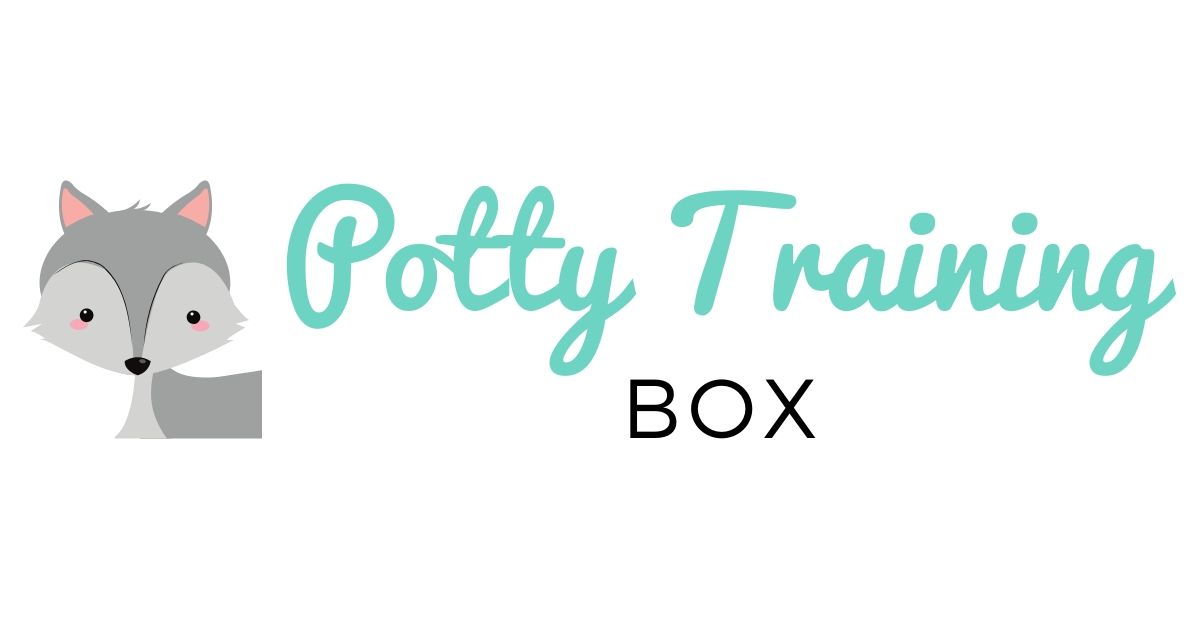How to Toilet Train a 3-year-old – “I have a 3-year-old toddler who refuses to become toilet trained.” This is a common statement we often hear in our Help Group and through messages on our Instagram and Facebook channels. For many parents, the clock starts ticking when their child reaches the age of 3, and they worry about toilet training. It’s important to know that toilet training a 3-year-old toddler can be a unique challenge. By the time a child is 4 years old, they are expected to be toilet trained during the day. Additionally, some elementary schools require toilet training as a condition for admission.
Tried everything, but how to toilet train a 3-year-old?
The internet is full of tips to encourage your 3-year-old to become toilet trained. However, it’s essential to remember that every child is unique. What works for one child may not work for another. Here are some important tips that can help with when Toilet Train a 3-year-old:
- Excitement and teamwork: It all starts with excitement when you toilet train a 3-year-old. Let your child pick out new underwear, a potty, a toilet seat reducer, and perhaps even a fun drinking cup. Decorate the toilet together to make toilet training a real celebration. By doing this together, you form a strong team ready to tackle the challenge of accidents.
- Reading and watching videos: Reading books or watching videos about toilet training can explain in a fun way how the body works and how the process from eating and drinking to peeing and pooping unfolds. Children can realize that they have control over this themselves. Tell your child that pee and poop love to swim, and that he or she can take care of that. For 3-year-old children, there are also books like “The Poop Factory Amusement Park.”
- Consistency: Have your 3-year-old child go to the potty or toilet at fixed times. Pay close attention to the signals when he or she needs to go. This can vary, but usually you can aim for the toilet after meals, as the bowels are then active. For pooping, the signals are often clearer, such as withdrawing or a certain facial expression.
- Small steps and rewards: If the steps seem too big, you can make them smaller, and at each step you can reward your child. For example, if your child is afraid to go to the potty or toilet, you can first let him or her sit on the toilet with a nappy. Then you can make a hole in the nappy, and eventually you can try without a nappy. This gradual approach helps your child build confidence.
- Stay calm: Make sure not to put pressure when you Toilet Train a 3-year-old, especially when time is running out. It’s important not to convey stress, as this can backfire. A relaxed atmosphere and peace in the home are essential during the toilet training process. We’ll elaborate on this a bit more below. For more tips, read our other blog articles or check out the tips on Instagram or Facebook.
No matter how difficult it may be, stay calm
As we mentioned at the beginning of the article, the pressure can be high when your 3-year-old child or parent is almost ready for elementary school. What is very important is not to put too much pressure on your child, as this can also backfire in many cases and can cause a stressful situation. Or he or she may start resisting, feeling too much stress from the parent that he or she has to become toilet trained. Sometimes as a parent, you may not realize this, and that’s why we like to emphasize it again. So stay calm when you Toilet Train a 3-year-old
Ensure a relaxed atmosphere and peace in the home when you Toilet Train a 3-year-old. This way, you have the best chance of success. Finding this difficult? Try to discuss it well with your partner or other family members to see if you can do it together. This way, as a parent, you can also relax a bit when frustration is high and there seems to be no success in sight.
When to seek help?
When your child is 4 years old and still not toilet trained, this can have various causes. In addition to psychological causes such as fear or stress, medical problems such as constipation, antibiotics, diabetes, or urinary tract infections can play a role. If in doubt, always contact a doctor for professional advice.
Toilet train a 3-year-old can be a challenge, but with patience, understanding, and the right approach, you and your child can achieve this important milestone together. Remember that every child has their own pace and that toilet training is a unique journey for each family. I hope you got the answers when you start to Toilet Train a 3-year-old.

